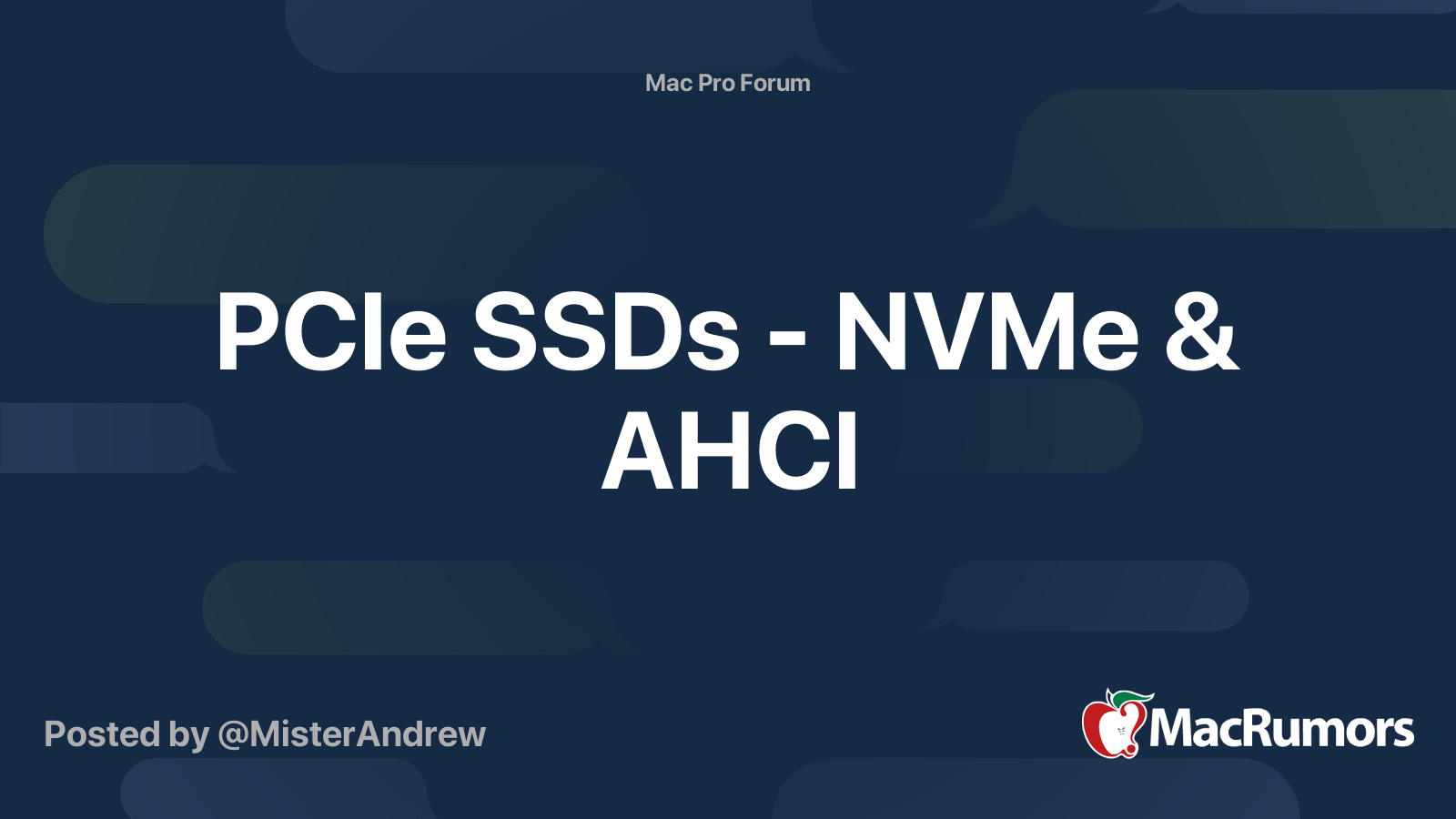Intel says all versions will of PCIe are backward compatible:

 www.intel.ca
www.intel.ca
and Samsung appears to say so as well:

 insights.samsung.com
insights.samsung.com
I suspect there is no incompatibility with PCIe. As mentioned earlier, the issue is likely due to some incompatibility between macOS and the Samsung controller not properly handling the power states. Inserting the switch isolates the problem from macOS. It is unfortunate Samsung does not pay closer attention to this problem.

What Are PCIe 4.0 and 5.0? - Intel
Newer PCIe standards mean a higher-bandwidth connection to GPUs, SSDs, and other peripherals.
and Samsung appears to say so as well:

PCIe 4.0 vs. PCIe 3.0: What's the difference? - Samsung Business Insights
The differences between PCIe 4.0 and PCIe 3.0 are worth knowing. Discover why an upgrade could benefit your devices' performance.
 insights.samsung.com
insights.samsung.com
I suspect there is no incompatibility with PCIe. As mentioned earlier, the issue is likely due to some incompatibility between macOS and the Samsung controller not properly handling the power states. Inserting the switch isolates the problem from macOS. It is unfortunate Samsung does not pay closer attention to this problem.
Last edited:


